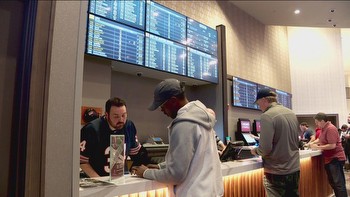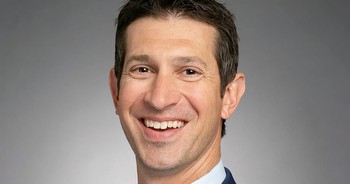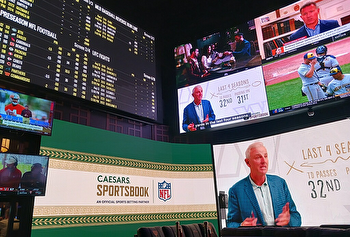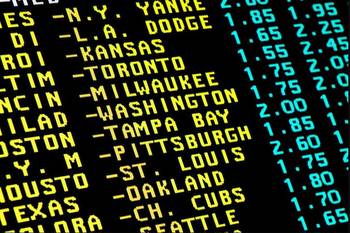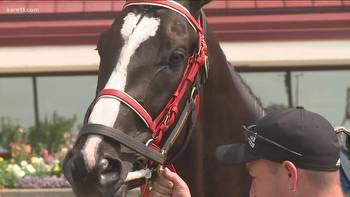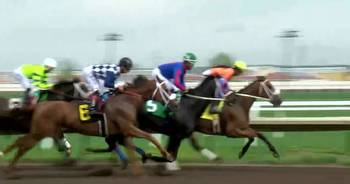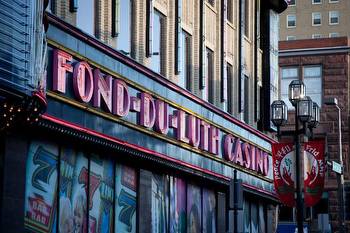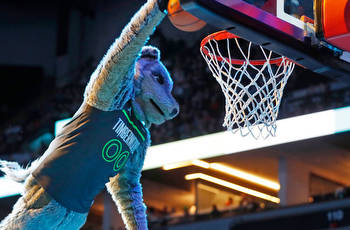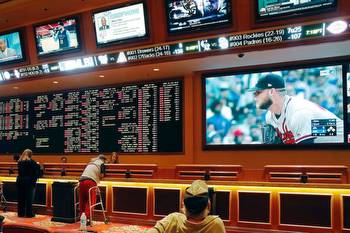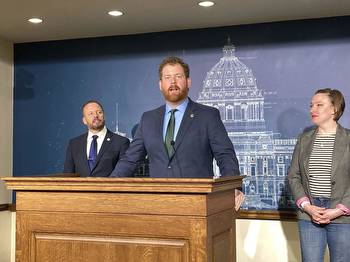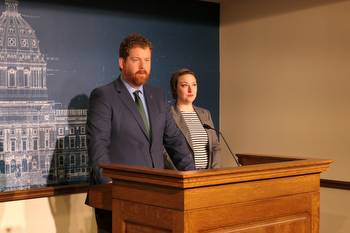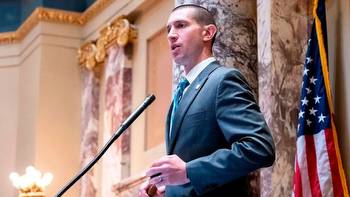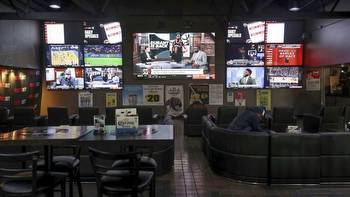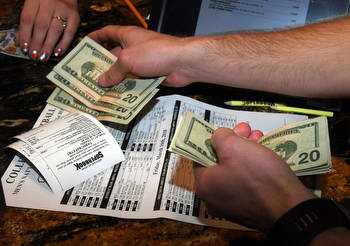As gaming options evolve, horse racing deserves the confidence of Minnesota lawmakers
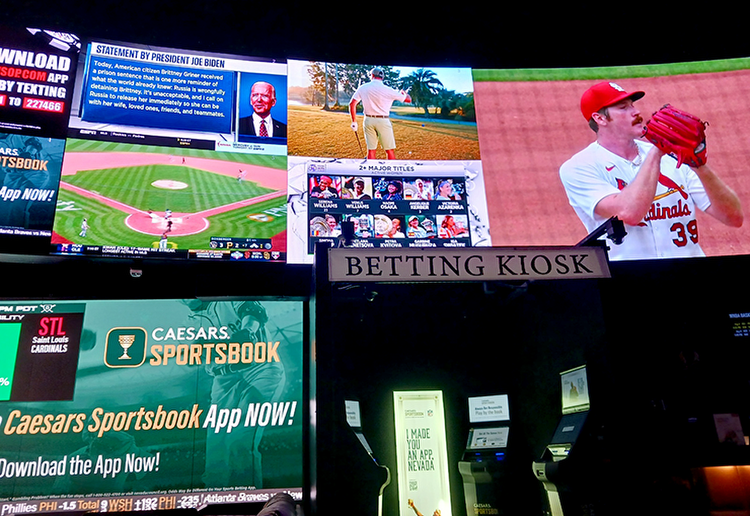 Community Voices is generously supported by The Minneapolis Foundation; learn why.
Community Voices is generously supported by The Minneapolis Foundation; learn why.With Minnesota’s legislature now in session, legalization of sports betting and the modernization of gaming options has already emerged as one of the year’s most closely followed issues. With 36 states and the District of Columbia already authorizing sports betting, Minnesota sports fans are looking forward to the day when they can conveniently place a wager on a weekend game that interests them.
Change in the gaming landscape is something that our state has always approached thoughtfully. Hearing perspectives from all of Minnesota’s gaming providers is important and should continue to be prioritized as lawmakers consider sports betting. The interests of racetracks, tribal nations and professional sports teams must all be closely considered.
As leaders of Minnesota’s racetracks, we urge lawmakers to remember the value and trust that racetracks hold for our state, and the importance of protecting racing’s economic contributions.
Since the introduction of live horse racing to Minnesota in the 1980s, Canterbury Park and Running Aces have built widely respected racing environments. Tracks are regulated by the gubernatorial-appointed Minnesota Racing Commission, which in turn is directly overseen by the legislature. This combination of longstanding experience and close regulation have made racetracks highly trusted gaming operators.
Feeding, training, racing and keeping horses healthy all contribute significantly to Minnesota’s economic success. Thanks to research by the University of Minnesota, we know the horse racing industry annually contributes more than $400 million and 5,500 jobs to the state’s economy. These benefits reach every corner of the state: metro and rural; main street and farms.
These positive impacts show few signs of slowing down. Minnesota’s racetracks have bucked national trends and succeeded during times when racing as a sport has faced challenges. While the number of races run nationwide has been cut in half over the last 20 years, Minnesota tracks have shown steady attendance growth and created exciting new entertainment options.
For example, the addition of card rooms to racetracks provided financial stability that has helped grow race purses and expose more Minnesotans to racing. This revenue continues to be essential to the ongoing success of race operations.
Minnesotans expect racetracks to play a role in implementing sports betting, as they do with Minnesota’s tribal casinos and our professional sports teams. According to a KSTP/SurveyUSA poll during the 2022 legislative session, two out of three Minnesotans expressed a preference for legal sports betting in a way that includes racetracks.
This would follow national trends: In the overwhelming majority of states that have legalized sports betting, the racing industry has received licenses to operate at tracks or share in gaming revenues.
If Minnesota became an outlier, the uncertainty for racetracks would directly impact the tens of thousands of Minnesotans who currently benefit from the major role racing and horses play in our state’s agricultural and entertainment economies.
Nationally, incorporating new gaming opportunities into racetrack operations have helped purses climb in Delaware, Pennsylvania and other states. In contrast, when Iowa tried to exclude racetracks from new gaming options, wagering on races declined sharply, impacting purses and the economic benefits that are seen in states with higher purses.
The reality is that our racetracks must continue to broaden their offerings to support racing in the future. Card and table gaming with on-track simulcast and off-track advance deposit wagering are proof that the horse industry benefits when racetracks have a variety of gaming options. This success also provides still more evidence that racetracks manage regulated gaming fairly and in ways that meets the expectations of Minnesotans.
Going back to the Minnesota origins of horse racing in 1985, the racing industry has an exceptional record of regulatory compliance as the longest and most heavily regulated gaming sector in Minnesota. Our state’s two racetracks can be trusted to manage this new gaming authority in the right way and consistent with Minnesota expectations.
Tribal nations, tracks and teams. That is a simple mantra, but it describes the best steps as the Legislature considers new gaming. Minnesota should protect the ongoing health of racing, just as it should protect the interests of tribal nations and professional sports teams. It will require balance and compromise, but we can get this right.
Minnesota’s racetracks will continue to provide high-quality racing and gaming opportunities to thousands of Minnesotans in the meantime. We stand ready to offer further insight to policymakers on sports betting’s potential impact on our industry and look forward to working closely with legislators, tribal nation leaders and sports executives to find common sense ways to enhance gaming for all Minnesotans.
Taro Ito is the president and CEO of Running Aces Casino, Hotel & Racetrack. Randy Sampson is the CEO and chairman of Canterbury Park.

